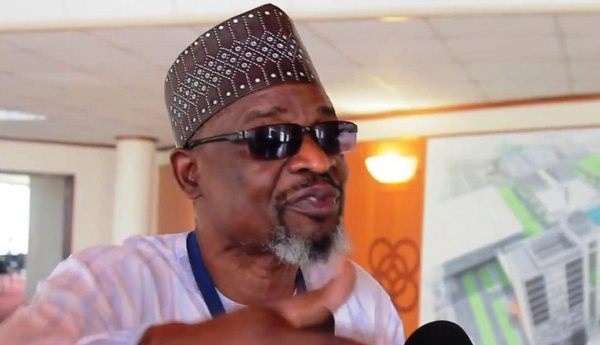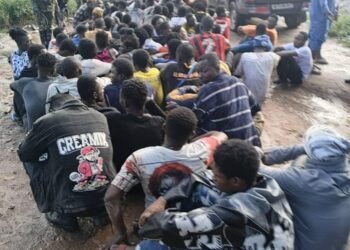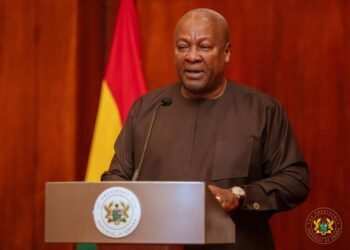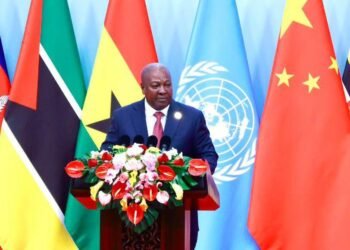In a landmark decision fulfilling his campaign promise, President John Dramani Mahama has reduced the cost of the 2025 Hajj pilgrimage to GHC62,000 ($4,130), down from GHC75,000 in 2024.
The move, announced by Deputy Presidential Spokesperson Shamima Muslim, makes Ghana’s Hajj fare the lowest among neighbouring countries and reinforces the government’s commitment to easing the financial burden on Muslim pilgrims.
The reduction has been lauded by leading members of the Muslim community, particularly Hon. Alhaj A.B.A. Fuseini, who described it as a historic intervention demonstrating Mahama’s unwavering commitment to the welfare of Ghanaian Muslims.
“This is a significant relief for Muslims who aspire to fulfil their religious duty of performing Hajj. President Mahama has shown, once again, that he understands the struggles of the people and is committed to addressing them .
A.B.A. Fuseini, former MP for Sagnarigu
He further called on the Muslim Ummah to continue placing their trust in the leadership of President John Mahama and the National Democratic Congress (NDC), asserting that the party remains the only political force genuinely invested in the development and well-being of Ghana’s Muslim community.
According to him, under President Mahama’s administration, issues affecting Muslims—including education, employment, and economic empowerment—will always be prioritized.
“This is a leadership that listens, cares, and delivers. We must unite behind John Mahama and the NDC to ensure that Ghana is led by a government that fulfills its promises”.
A.B.A. Fuseini, former MP for Sagnarigu

Reactions from Analysts and the Public
The decision has also sparked discussions beyond the Muslim community, with some analysts raising concerns about the financial implications. Mussa Dankwah, Executive Director of Global InfoAnalytics, questioned whether the reduction was a result of cost-saving measures or government subsidies.
“If this reduction stems from efficient cost-cutting measures, such as securing better flight deals or reducing overhead expenses—particularly the size of government delegations—then it is commendable. However, if it is being subsidized with taxpayer funds, then we need to have a long-term plan to eliminate such subsidies,”
Mussa Dankwah, Executive Director for Global InfoAnalytics
He further emphasized that Ghana can no longer afford to subsidize religious activities, drawing parallels to concerns surrounding the controversial National Cathedral project.
“With Ghana no longer receiving USAID funding, every penny counts. We must ensure that public funds are channelled into essential sectors that benefit all citizens, not just specific religious groups”.
Mussa Dankwah, Executive Director for Global InfoAnalytics
Mussa Dankwah further pointed out that unconfirmed reports suggest that the fare reduction was achieved primarily through significant cuts in profit margins and a downsizing of government allocations, rather than direct subsidies.
If true, Mussa Dankwah emphasized that the move signals a shift toward a more self-sustaining model for organizing the pilgrimage.
While the fare reduction has been widely welcomed within the Muslim community, its political and economic implications remain a subject of debate. The move undoubtedly strengthens President Mahama and the NDC’s appeal among Ghanaian Muslims.
However, questions about the sustainability of such reductions and their impact on national finances will likely persist. If the fare cuts are part of a broader efficiency-driven approach, as pointed out by Mussa Dankwah, then it could set a precedent for cost-effective governance.
On the other hand, if subsidies play a significant role, policymakers may need to reassess the long-term feasibility of such interventions.
READ ALSO: Africa Needs Collaboration for Absolute Transformation– MTN Ghana CFO





















